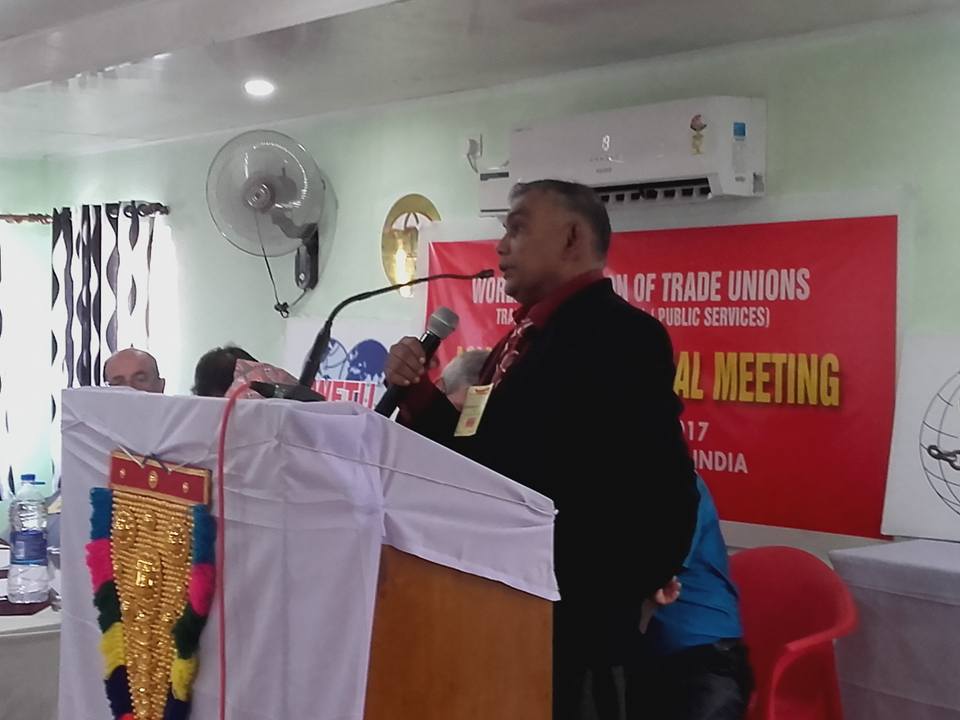Subscribe to our E-Letter!
Subscribe to our e-mail and stay up-to-date with news and resources from street vendors around the world.
The current situation is affecting the most vulnerable among citizens in a disproportionate way. We had the chance to talk with Mr GVD Tilakasiri, President of the Free Trade Union Development Centre, a coalition of trade unionists and activists working towards protecting basic human and democratic rights and establishing social security and welfare of the people globally.

Sri Lanka is a very diverse and culturally rich country. 22 million people are living in the 25,330 sq miles area. Western province is the most populated area with a population close to 6 million. The majority of citizens is Sinhala (74%,) followed by Tamils (15%), Muslims (9%) & others small ethnic groups. Sri Lanka is going through a deep political and economic crisis. It has been rocked by popular protests since April. People are suffering due to high inflation, scarcity of food, medicine and basic supplies. Essential services such as school and transportation are struggling to go on. The president has now fled the country and the instability raises fears of the establishment of a military government.
Mr GVD Tilakasiri, President of the Free Trade Union Development Centre, linked the current crisis to the process of globalisation and liberalisation that has interested the economy since the Eighties. “Sri Lanka’s transition from a self-sustaining closed economy to an open economy led to the country’s inability to pay its development debt due to foreign debt, and the country is falling into bankruptcy and the people are in great distress.” Tilak explained. “The long-standing social security system has begun to crumble. The economic crisis has become a political crisis and the common people have joined the struggle. As of last week, the people have taken over the main operational institutions of the government and the president has fled the country.”

Fuel and food prices are skyrocketing and the tourist industry is collapsing.The country is receiving a little help from India, although it is not sufficient to meet the basic necessities of many people. The country remains heavily dependent of foreign debt, which is one of the reasons why its economy is now in dire straits.
The crisis hit sectors such as tourism and agriculture, from which many informal economy workers took their sustainment. Plus, as it often happens, a lot of people are now resorting to the informal economy to sustain themselves amidst the encompassing crisis.
“In the country, many families depend on a male breadwinner” continues Tilak. “Women are often tasked with care work and now they are struggling to feed their children. Much of the suffering is now on their shoulders. Especially now that the public elementary schools are closed, and they cannot rely on them anymore in looking after their kids.”
StreetNet stands in solidarity solidarity to the people of Sri Lanka, especially the workers in the informal economy, who are bearing the consequences of decades of political choices hardly in their favour. We express our hope that economic stability will soon return to the country and the political crisis will be solved.

By entering your personal data and clicking “Suscribe,” you agree that this form will be processed in accordance with our privacy policy. If you checked one of the boxes above, you also agree to receive updates from the StreetNet International about our work